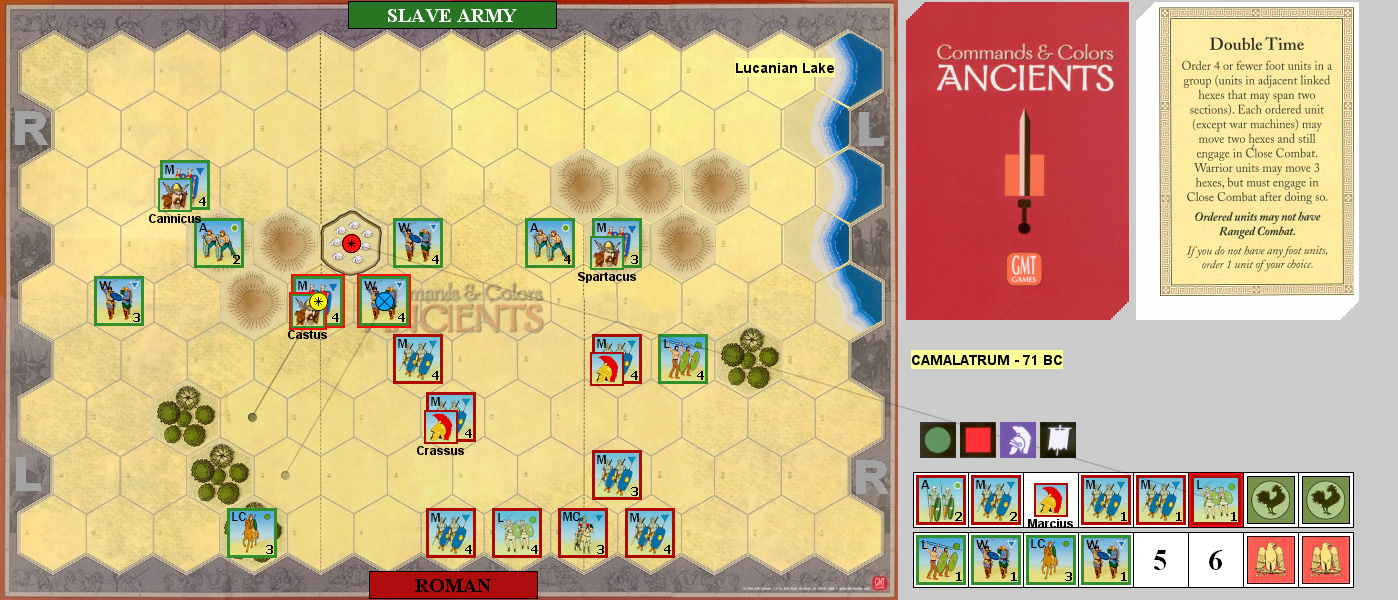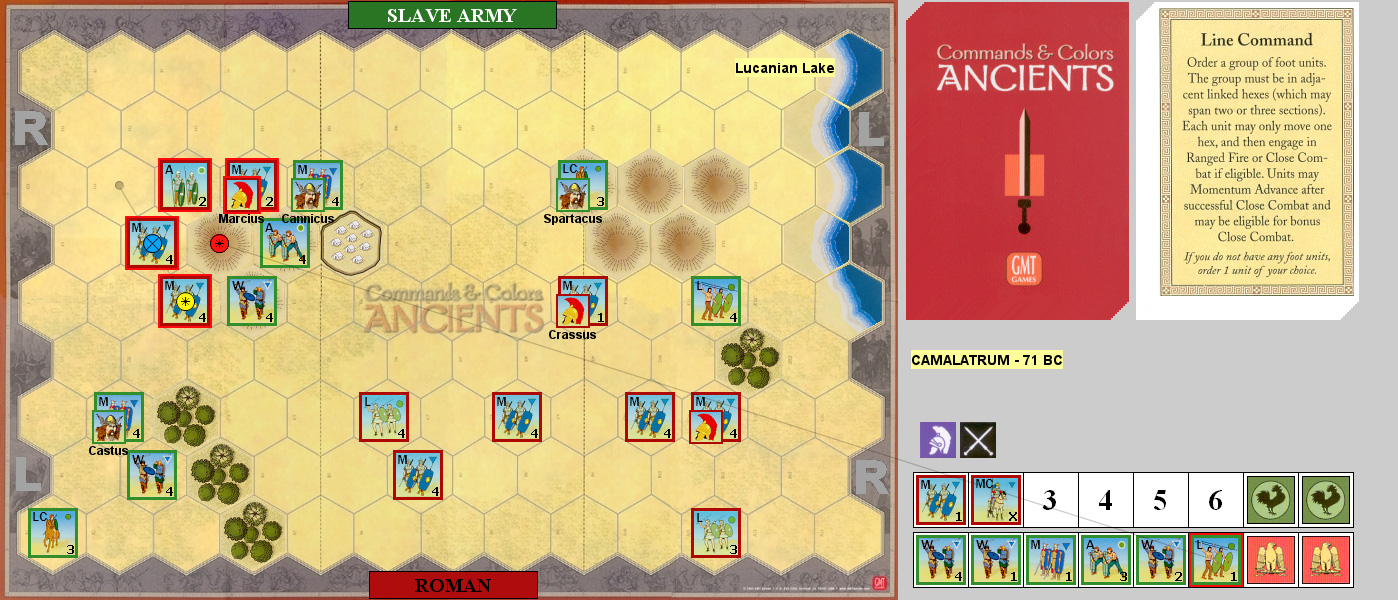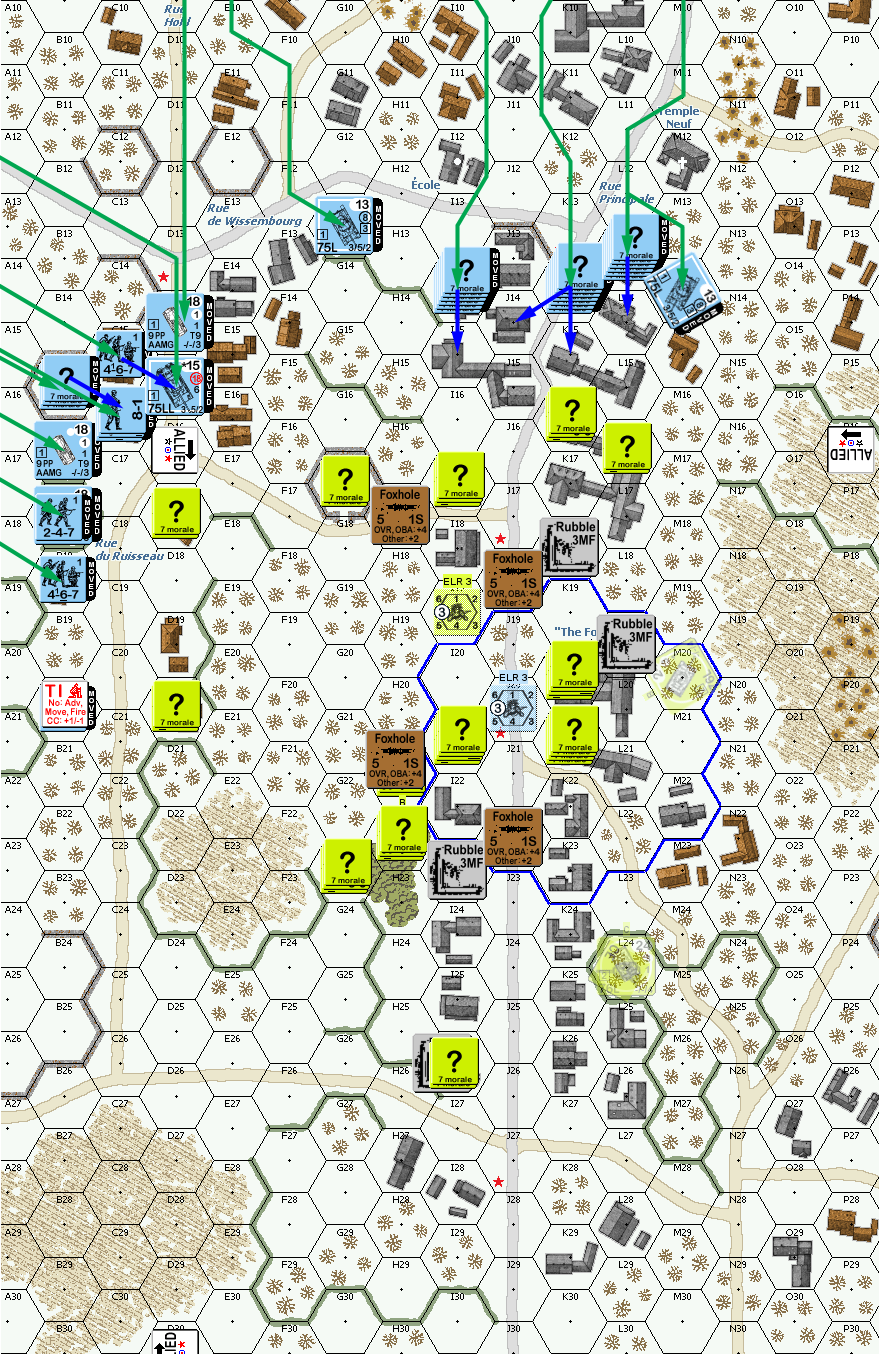Once again, a new season of Anime has started, and I’ve barely noticed, because my viewing habits are largely out of step with releases. As always, my listing is generally from best to worst, though I haven’t seen anything I haven’t thoroughly enjoyed.
Arcane — We finished this up a couple months ago, and they wrapped up the series extremely well. The entire two-season story comes around and… just about everyone gets what they wanted. Even, maybe especially the ones that die, still get something of what they want.
The First Slam Dunk — I’m not into sports, but you can have good stories around sports, and I’ve watched a few sports anime over the years. This blows them all out of the water. This is a prequel to the main Slam Dunk series as a long, excellently paced movie that operates on two parallel plot lines, and does everything very well.
Lower Decks — With everything else out of the way on Thursdays, the four of us are finally starting in on the third season of Lower Decks. The production team really blends episodic and continuing arcs effortlessly, and shows a better love for the franchise than most of the other productions (which are still good).
Carol & Tuesday — This also finished up a bit ago for us, and ended extremely well. Really well polished overall plot. I don’t really have anything to say that didn’t say before, but do see this and Shinichirō Watanabe is still worth paying attention to.
Delicious in Dungeon — This is the Thursday slot that finished up the most recently. It was just as good the second time around, and Baron and Dave really enjoyed it. I know Dave was uncertain for quite a bit, but definitely got invested.
Shouwa Genroku Rakugo Shinjuu — Smudge and I have finally gotten around to showing this to the guys, and we’re about three episodes in. We’d forgotten the first episode was extra long, but was certainly well worth it, and they’re really enjoying the show.
Shangri-La Frontier — It’s incredible that I’m listing this sixth, because the series is continuing to be very good and there’s been seasons where this would easily be the top listing for me. We’ve got an entire situation going on in-game, and we’re… taking a break for a tournament in a completely different game? And, it works. The characters are all wrapped up enough in this that this side arc is important in it’s own right, and the pacing is keeping these balls in the air successfully. But, now we’re on hiatus with a cliffhanger. Argh.
Sakimoto Days — This is the series I think a lot of people thought of when hearing the premise of Way of the Househusband. Certainly, it’s what I was thinking of. Househusband wasted it’s high concept potential, but Sakimoto does a very good job with a cast of quirky characters navigating daily life of assassins without killing anyone.
Apothecary Diaries — Also an excellent series pushed down by a lot of other great titles. I’m early in the third series, and it’s just as good as the earlier ones. These have a habit of tying more together at the end than you expect, and I’m seeing some hints of it here.
Re: Zero — So, the latest adventure starts with a whole series of save game reboots, but hasn’t touched that for a while. Not that things aren’t supremely dangerous, but the plot isn’t abusing the series special twist to get there, which is nice.
NieR Automata — Recently started the second half of this with the guys, and it is continuing to be surprisingly good. Really unsure where we’re going to end up at this point, as the plot is just getting us to hitting bottom.
Beastars — Just started this last week, so I’ve only seen the first episode of the third/final season. Continuing to get darker as the characters deal with the wreckage of the second season.
Pokemon: Horizons — I think Smudge and I have just hit the end of the first year of episodes. Still being a very strong series, with a number of good characters. We’re both going to miss Liko’s grandmother.
Solo Leveling — Okay, ‘real life with RPG mechanics’ has become it’s own genre. Personally, I don’t like a lot of details on how that’s working; notably “fixed” power levels and a near complete disregard to skill and tactics making difference (skill has started getting acknowledged). I don’t care for the ‘technology is completely useless against monsters’ trope either. At the very least, go with the MSPE quote, “A full clip from an AK-47 won’t stop a vampire, but it sure will slow one down.” Over on the actual plot side, it has been interesting and good, so writing is making up for poor setup.
Sword of the Stranger — Somewhat typical samurai adventure with occult motivations to the bad guys. In many ways, a somewhat simple story in movie format, but very well done. Don’t rush to see it, but do see it.





